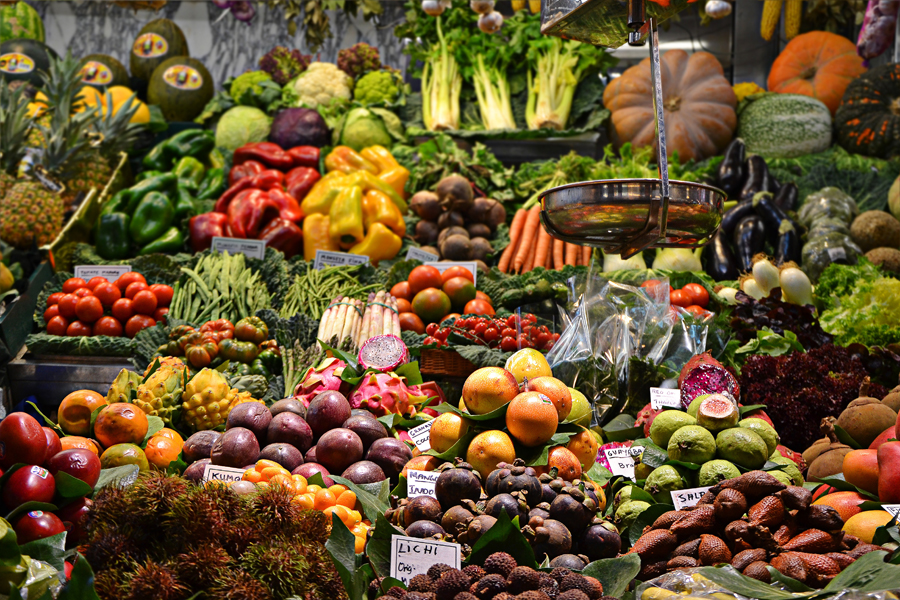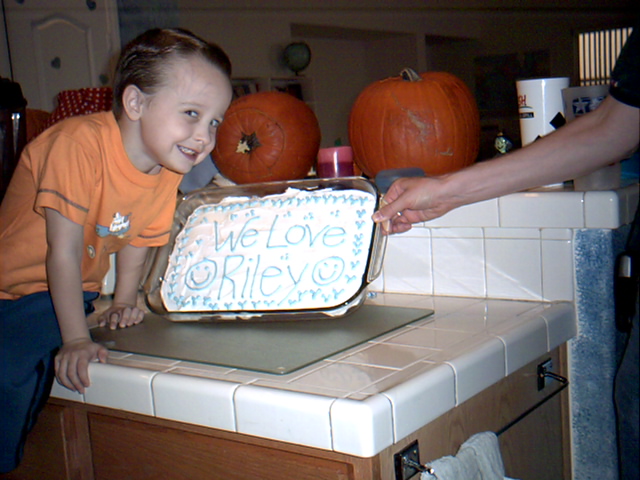Feast or Famine?

With high (probably unrealistic) hopes that quarantine is coming to an end soon, I had to write at least once about food. Without eating out, and the current hassle of going to the store, food storage and preparation has become more necessary, and more stressful, than ever. I can’t tell you how many times in my adult life I’ve wished we didn’t have to deal with food at all. Not only do I struggle with emotional eating and weight issues, but life would just be so much easier without food! Raising seven children, with a few cousins here and there, shopping, preparing, and cleaning up for meals was a major parenting job requiring a significant amount of time, energy, patience, and money. Anyone attempting this as a single parent seriously deserves an award—and lots of help!

As a new mom, my first experience feeding my sweet baby was immensely stressful. We were both completely clueless; she couldn’t breast feed and nearly starved before we got it all figured out. It was terrifying and demoralizing. Feeding our children means keeping them alive, nurturing them, loving them. When my youngest was born, I was weak from the pregnancy and delivery. She wasn’t getting enough nourishment from breast feeding and I kept getting mastitis. I tried every remedy known to women, but my body just couldn’t keep up with her need. I was heartbroken when I finally admitted I would have to give her formula. I realize this is no big deal to some people, but for me it was traumatic. We had some food allergies in our family, and it was a worry. I prayed about this, with all the love in a mother’s heart. The answer I received was in The Book of Mormon and the journey of Lehi’s family in the wilderness. “For the Lord had not hitherto suffered that we should make much fire…for He said, I will make thy food become sweet, that ye cook it not.” The Lord comforted me with this, and I believed He would make my baby’s food “sweet” for her little body, and of course, He did. She thrived on formula and was a healthy baby.

The next stages were baby food and toddler eating. I hope I won’t damage any of my children if I admit that I wasn’t fond of that stage of feeding them. Such a mess. All day long, food mess. I practically had to bathe them after every meal—especially the ones who insisted on doing it themselves. Gooey mess on the hands, clothes, in the hair, on the chair and the floor. Ew. One night, I told my husband I thought it would be great if we had a drain in the middle of the kitchen floor, so we could just hose everything—and everyone—down after mealtime.

Most of my children are grown now, but when they were younger, obnoxious food comments were a big source of my frustration. It’s completely demoralizing to spend time and energy preparing nutritious food and have people grumble and complain about it—even if they are 4 years old (or acting 4 years old). Don’t all family meal-preparers admit to some PTSD over the phrase, “What’s for dinner?” I get angry when I hear that question. I’ve learned not to answer; it’s a no-win situation. If they like the suggestion, I’m in deep trouble if I decide, later, I don’t want to make that, and if they don’t like the suggestion, I hear all kinds of rude comments that make me want to dump the chili pot over their heads. However, there’s one phrase worse than “What’s for dinner?” The phrase that infuriated me to no end. The unfair, totally false, spoiled-rotten phrase—always uttered while looking in the fridge or pantry—“There’s nothing to eat.”
With all of that out there, I completely adore each and every one of my children, forgive them for their immature ingratitude, and, even though feeding them was unpleasant at times, want them to know they were definitely worth it! Indeed, I have also felt deep satisfaction in preparing nourishing food for my family. Lovingly making food is a way to nurture. I enjoy pouring love into meals and wholesome treats, and even cakes and goodies for special events. I enjoyed grinding wheat with my little ones; we liked to “shrink” down to the ground as the loud whine of the grinder slowly wound down. Some enjoyed working with me in the kitchen, and everyone loved the occasional sugar cookie roll-out event around Christmas. Holiday food preparation, though exhausting, brought family together and helped create happy, homey memories. Now, my grown children are grateful for my heartfelt culinary offerings, food sensitivities and all.
“I now know true feasting is more than enjoying a delicious meal. It is an experience of joy, nourishment, celebration, sharing, expressing love to families and loved ones, communicating our thanksgiving to God, and building relationships while enjoying abundant, incredibly delicious food. I believe when we feast upon the words of Christ, we ought to be thinking of the same kind of experience. Feasting upon the scriptures is not just reading them. It should bring us real joy and build our relationship with the Savior.” Takashi Wada

I’ve pondered on why Heavenly Father made our bodies the way He did. Why we need to eat, when not doing so would save so much time and effort and allow us to accomplish other things. I’ve concluded that, besides our obvious need to learn to control our bodies and our appetites in all areas of our lives, there are other blessings and lessons from our need for food. Denying ourselves food—fasting—brings us closer to the Spirit and inclines our hearts more towards God. The Law of Moses had very specific rules for eating, which were all a reminder of the coming of the Lord and His great sacrifice.
“And behold, this is the whole meaning of the law, every whit pointing to that great and last sacrifice; and that great and last sacrifice will be the Son of God, yea, infinite and eternal.” Alma 34:14
The scriptures tell us to “feast upon the words of Christ” and to “receive the pleasing word of God, and feast upon His love.” The Lord also asks us to feed His sheep. Our need for continual physical nourishment is a reminder of our need for constant spiritual nourishment, as well. Because feeding ourselves and our families is hard work, we shouldn’t be surprised when it takes a great deal of effort to keep ourselves spiritually fed and healthy. Thankfully, like that holiday banquet, feasting on the word of the Lord brings joy and comfort, and, for once, we can “delight in fatness.”
“I discovered the scriptures later than some. But I discovered them.
“And now, like reading a good menu, I still hunger for their wise words. Why not gain some spiritual weight?
“It’s not always easy, and there are things I still don’t understand. But when I look past all that, craving the Lord’s companionship, the scriptures infuse my spirit with the Spirit. They will do the same for you. They will enlighten you, lift you, comfort you, strengthen you. They will envelop you in a warm blanket of heavenly love. How do I know? Because they do that for me. It is Heavenly Father’s promise to us. It is eating at the Lord’s table.” Bonnie Parkin
About Me
I’m Jen, mother of 7 amazing humans, Gran of 5 (so far), divorce survivor, homebody, health seeker, and devoted follower of Jesus. This is the place where I share how the hiccups and detours in the road of my life strengthen my hope in Christ.

Loved this, Jennifer! Thank you!
Oh good! Thank you, Jill. Here’s to feasting. Love you.